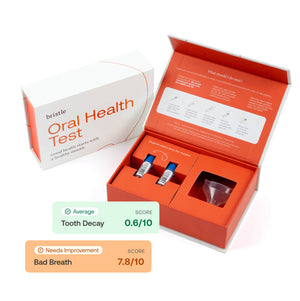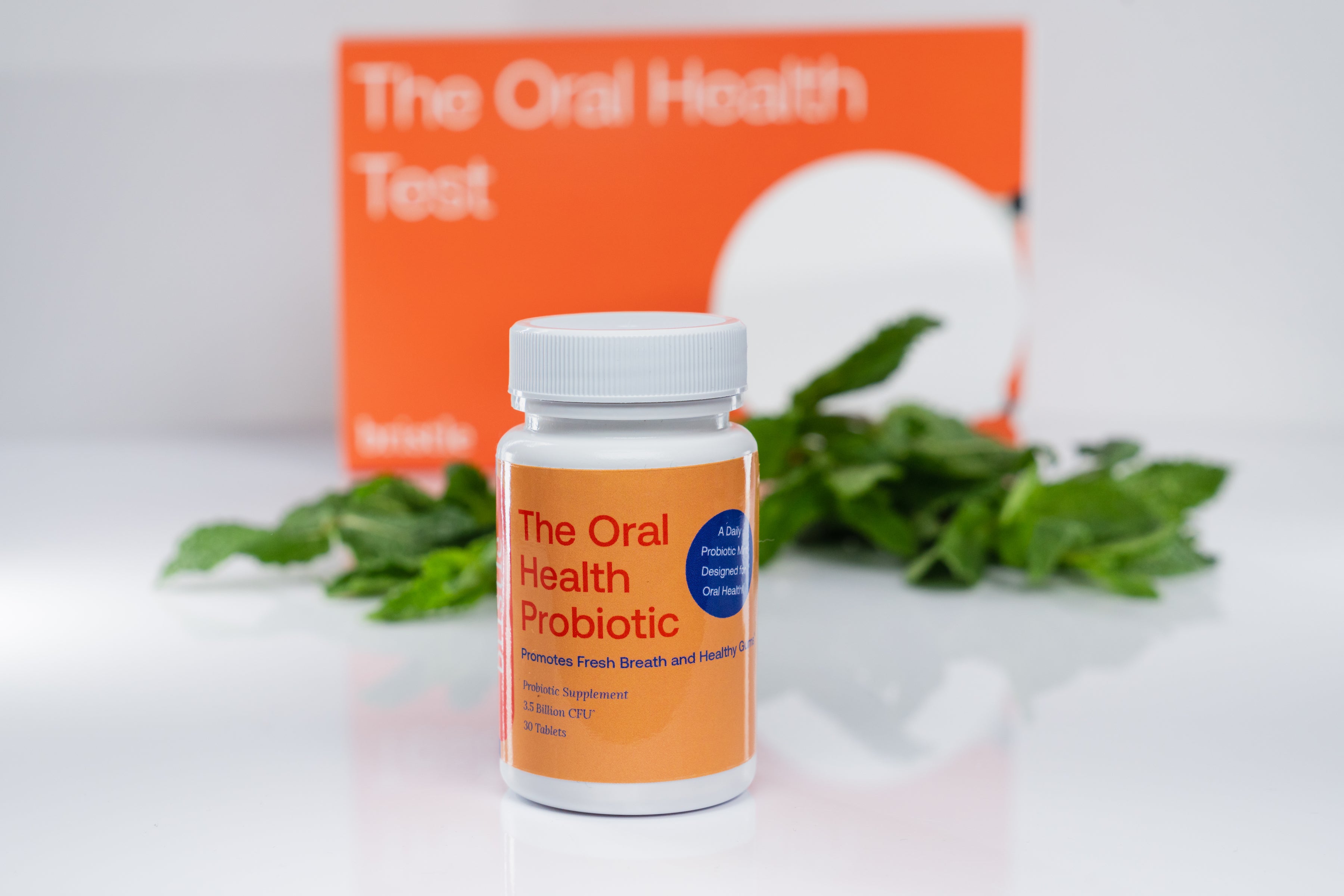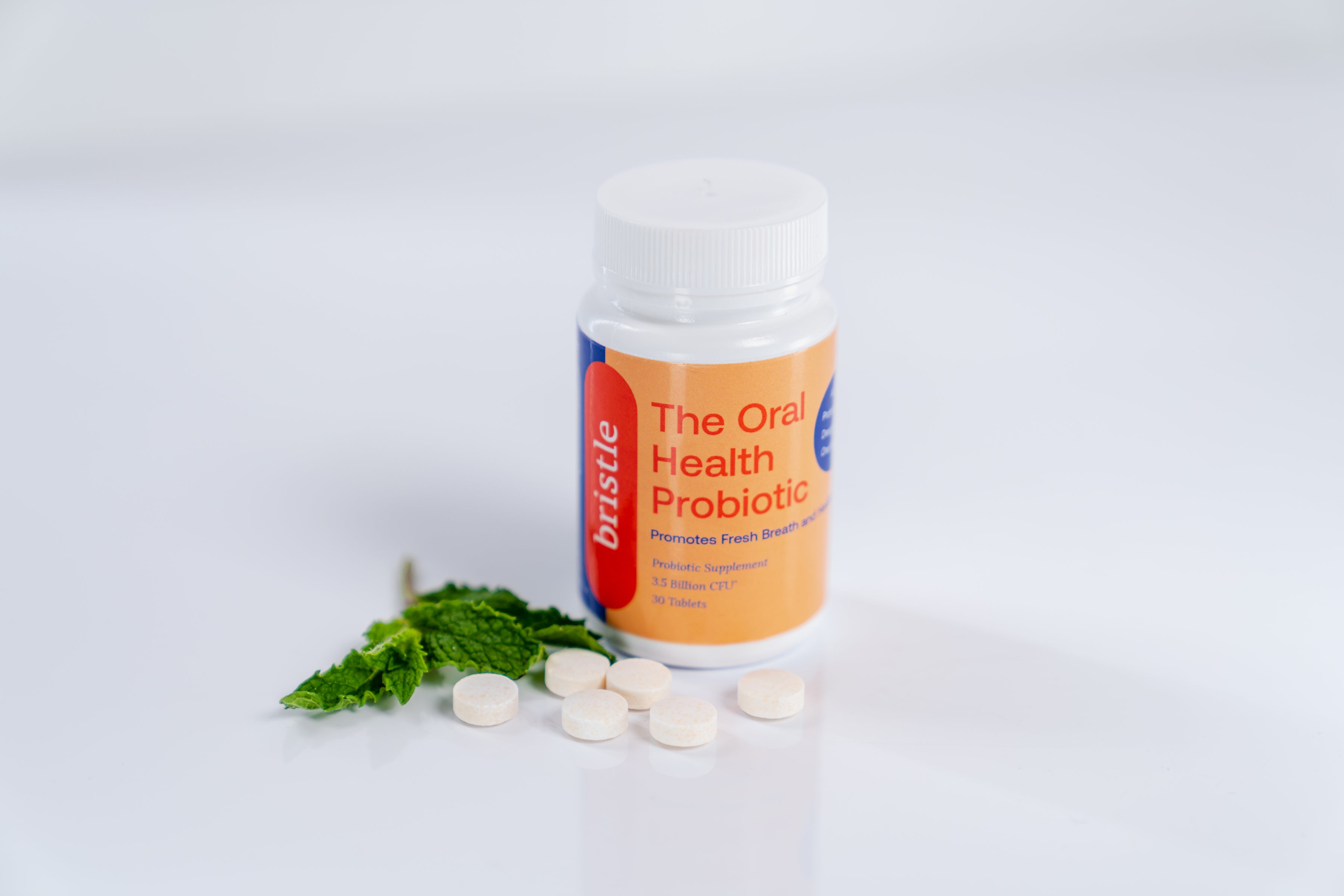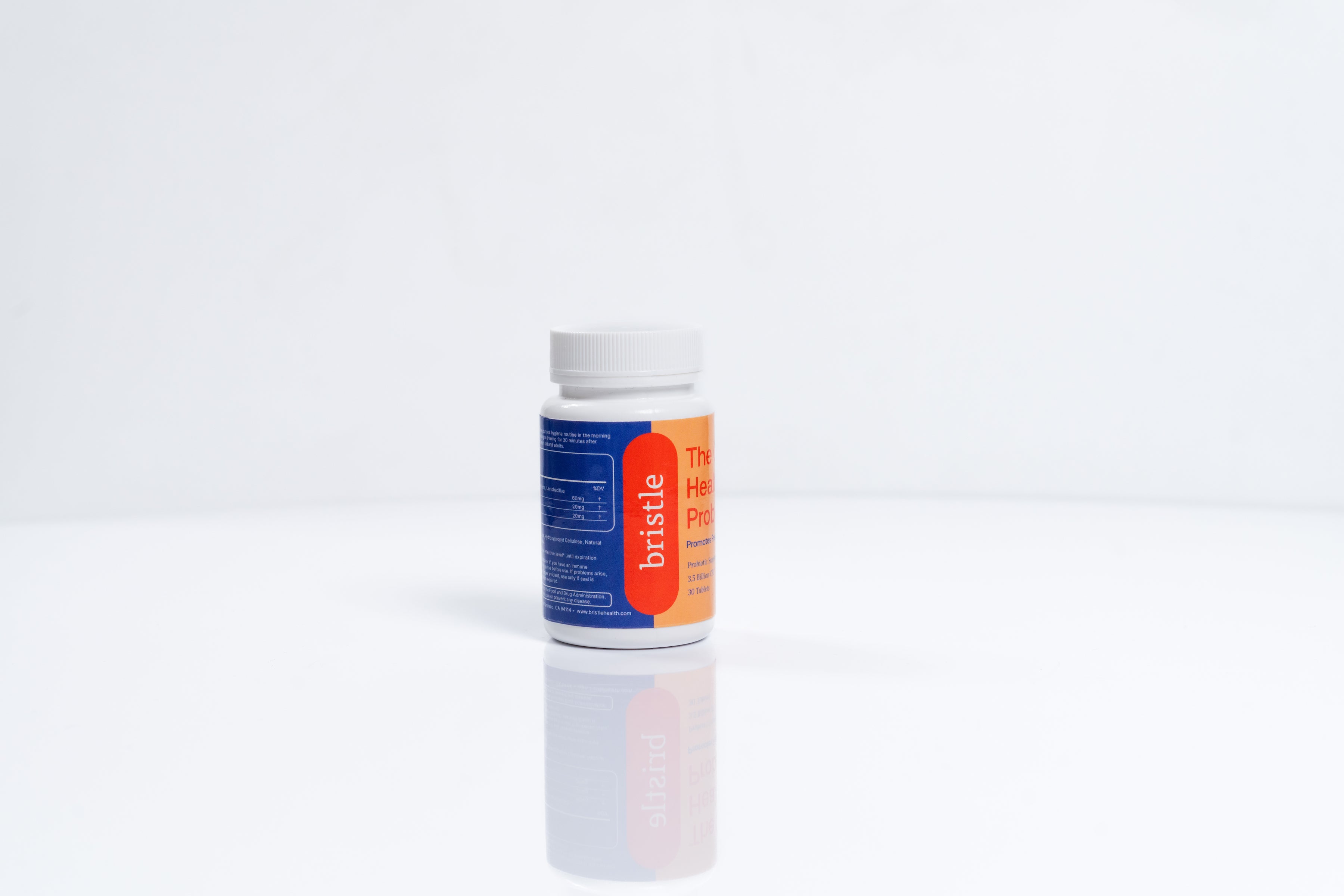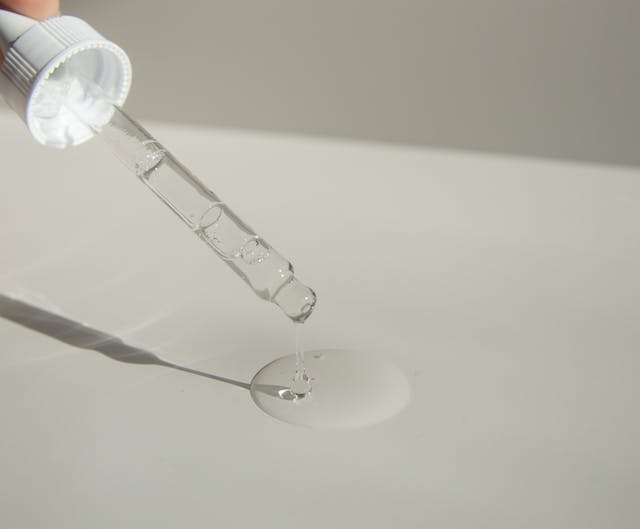Gingivitis is the first phase of gum disease, a condition that can eventually lead to an irreversible disease called periodontal disease that can actually cause you to lose your teeth. Fortunately, gingivitis can be reversed, but only if caught early. You might be wondering how long does it take gingivitis to progress to periodontal disease? And how long does gingivitis last before it goes away? In this article we’ll cover all of that. But first, some background about gingivitis.
What causes gingivitis?
Gum disease is caused by an infection by specific pathogenic bacteria, which penetrate the gum tissue and cause inflammation. Recent research, including research from Bristle, shows that the oral microbiota is an important component in gum disease prevention. The oral microbiome is a population of bacteria, fungi, and viruses that live symbiotically in the mouth and sustain oral and systemic health. An imbalance in the oral microbiome (also known as oral dysbiosis) might allow for a rise in the quantity of bad bacteria, resulting in inflammation.
How long does it take for gingivitis to go away?
For people who notice their symptoms and improve their oral care routine to fix it, gingivitis can last up to two weeks. With the right oral hygiene routine, diet, and habits, gingivitis can be quickly reversed. However, if ignored, it can easily worsen and become periodontal disease, which is no longer reversible.
In some cases, better brushing and flossing may not actually be enough to solve the problem. Oral microbiome dysbiosis can persist even through improved oral hygiene. Sometimes it can be hard to know whether gingivitis is actually going away. Fortunately, there is an at-home oral microbiome test can help you monitor your oral health easily from home, to help you prevent expensive and painful oral procedures. Additionally, we’ve written another article about the best home remedies for gingivitis that have been clinically proven to reduce symptoms and improve oral health.
How long does it take for gingivitis to become periodontitis?
A number of factors can contribute to periodontal disease risk, and can affect how quickly gingivitis becomes periodontal disease. For people with gingivitis who ignore their symptoms and neglect their oral health, periodontal disease can come as quick as just a few weeks. People who brush twice per day and floss once a day like recommended can still get periodontal disease! It doesn’t happen overnight, but happens over the course of years, where bacteria buried deep beneath the gums slowly cause damage and persistent inflammation that causes disease. Periodontal disease may not be immediate, but a few additional factors may speed up the process and allow gingivitis to progress more quickly.
Here are a few factors that can dramatically increase the rate at which gum disease advances:

